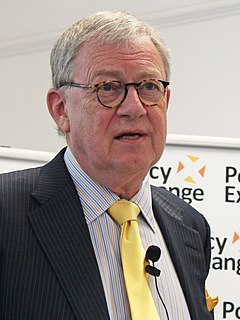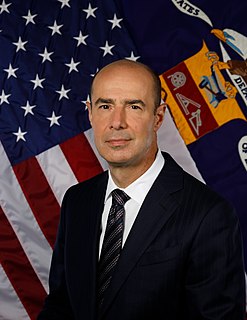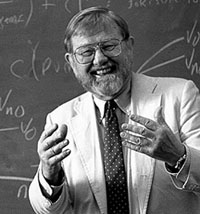A Quote by Mark McKinnon
When you look at the money spent by labor unions for Democrats, it comes as no surprise the Democrats crafted a campaign-finance 'disclosure' bill with the thresholds adjusted to exempt unions.
Related Quotes
Every major federal campaign-finance-reform effort since 1943 has attempted to treat corporations and unions equally. If a limit applied to corporations, it applied to unions; if unions could form PACs, corporations could too; and so on. DISCLOSE is the first major campaign-finance bill that has not taken this approach.
Follow the money, Washington reporters like to say. The money is this case comes from taxpayers, present and future, who are the source of every penny of dues paid to public employee unions, who in turn spend much of that money on politics, almost all of it for Democrats. In effect, public employee unions are a mechanism by which every taxpayer is forced to fund the Democratic Party.
Labor unions have a long history of benefitting all workers, even those who are not members of unions, because everyone's wages go up. If we don't increase membership - and membership in labor unions is going down because of the attacks against organized labor - it's something every single American, whether they're officially in a union or not, should be concerned about. It's a spiral. It's a weakening of the middle class and our economy can't sustain that.
The old battle between Christian Democrats and Social Democrats is now meaningless, not least because the social structures that underlay those parties, the church and the unions, have faded away. Nationalists and populists understood this change earlier; now the rest of the political world needs to understand that the political lines have been redrawn and it's time to change.
Finance ministers and central bank governors have the seats at the table, not labor unions or labor ministers. Finance ministers and central bank governors are linked to financial communities in their countries, so they push policies that reflect the viewpoints and interests of the financial community and barely hear the voices of those who are the first victims of dictated policies.
A basic assumption shapes most Americans’ mindset about labor: the belief that the death of unions isn’t my problem because I’m not in a union. That assumption is wrong. Even if you aren’t a member, your pay is influenced by the strength or weakness of organized labor. The presence of unions sets off a wage race to the top. Their absence sets off a race to the bottom.



































